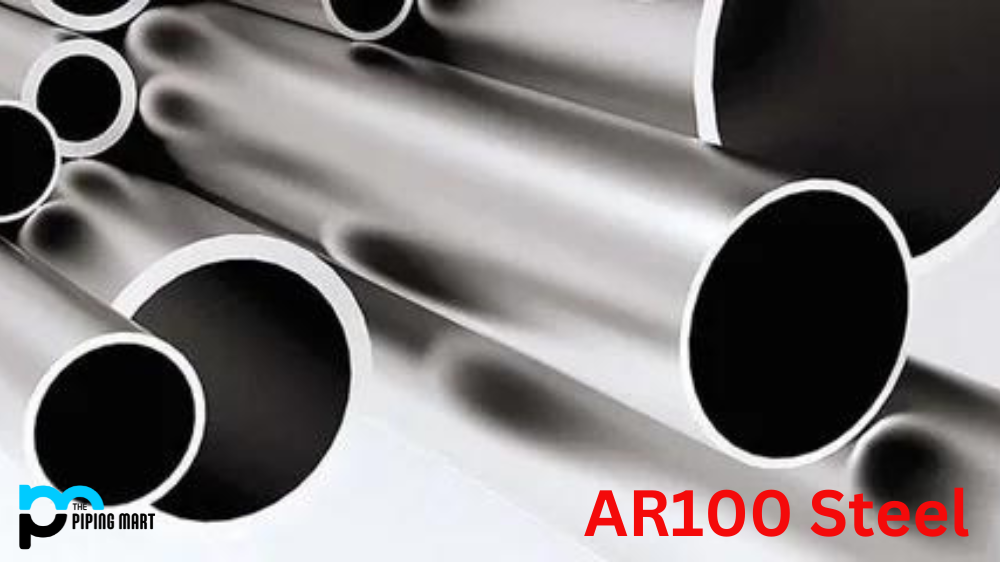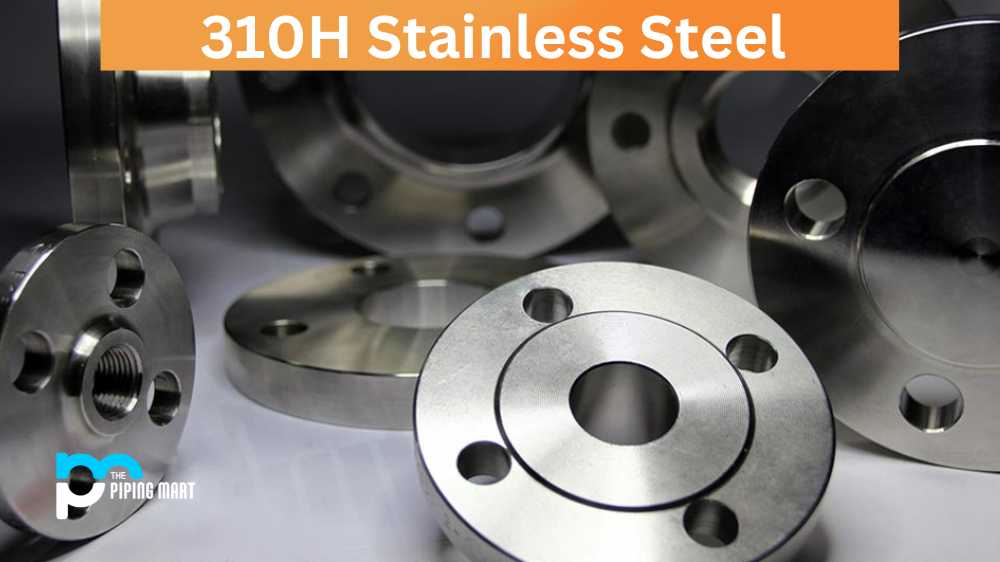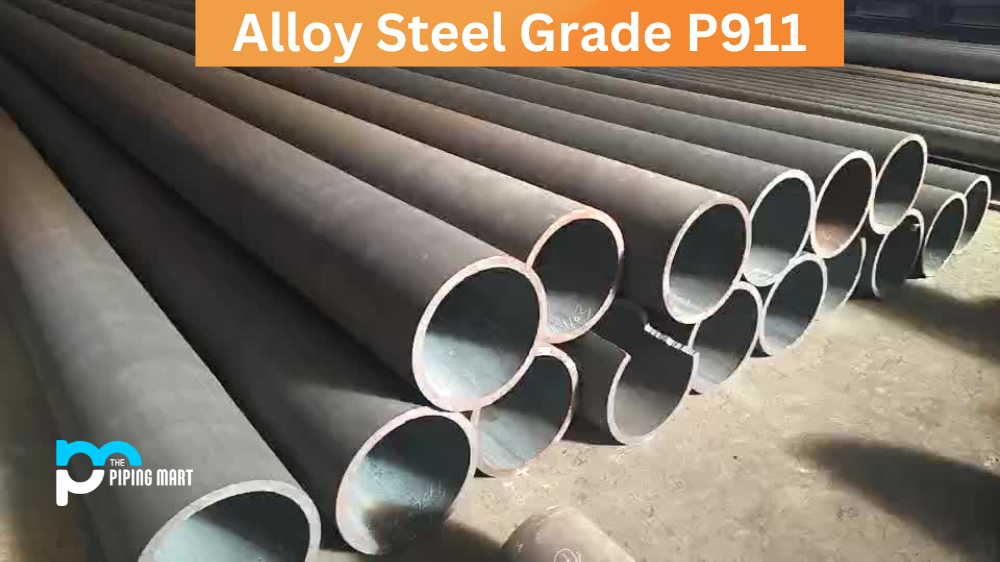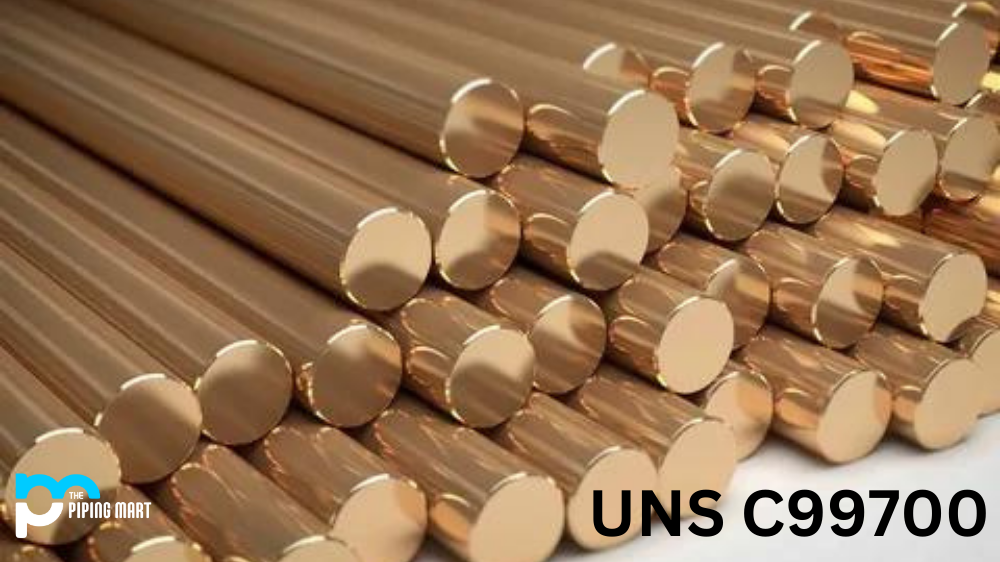If you’re in the market for high-strength, abrasion-resistant steel, AR100 steel is worth considering. With its outstanding physical and mechanical properties, this type of steel is widely used in mining, construction, and manufacturing industries. In this blog post, we’ll delve into the composition, properties, and uses of AR100 steel, as well as its corrosion resistance, heat treatment, machining, and welding.
AR100 Steel Composition
AR100 steel is a quenched and tempered steel with high levels of carbon, manganese, and other alloying elements such as chromium, nickel, and molybdenum. The carbon content ranges from 0.12% to 0.25%, while the manganese content ranges from 1.00% to 1.50%, depending on the manufacturer’s specifications. Adding these alloying elements gives AR100 steel exceptional strength and durability, making it ideal for wear and tear resistance applications.
AR100 Steel Mechanical Properties
AR100 steel has a tensile strength of 147,000 psi, significantly higher than conventional steel. This high tensile strength enables AR100 steel to withstand heavy loads and stresses, making it an ideal material for heavy-duty machinery and equipment. Additionally, AR100 steel has a yield strength of 100,000 psi, a hardness of 477 to 534 Brinell, and a toughness that can withstand impact and abrasion.
AR100 Steel Physical Properties
Besides its exceptional mechanical properties, AR100 steel also has excellent physical properties. This type of steel has a density of 7.85 g/cm³, similar to that of most types of steel. AR100 steel also has good ductility and can be formed into various shapes and sizes, making it suitable for multiple applications.
AR100 Steel Uses
AR100 steel is commonly used in mining, construction, and manufacturing applications. The high strength and toughness of AR100 steel make it ideal for heavy-duty wear parts, machinery, and equipment. Some typical uses of AR100 steel include chutes, conveyors, buckets, hoppers, and crushers. AR100 steel is also used in military vehicles and ballistic equipment armour plating.
AR100 Steel Corrosion Resistance
While AR100 steel does not have the same corrosion resistance as stainless steel, it has good corrosion and oxidation resistance. The addition of chromium and other alloying elements has a positive effect on AR100 steel’s corrosion resistance. However, to ensure the longevity of AR100 steel in corrosive environments, proper protection is necessary, such as coating or painting.
AR100 Steel Heat Treatment
Like most quenched and tempered steel types, AR100 steel requires proper heat treatment to achieve its desired mechanical properties. The heat treatment consists of heating the steel to a specific temperature, then rapidly cooling it with water or oil. This process gives AR100 steel its high strength and toughness. However, care must be taken during the heat treatment process to avoid cracking or distortion of the steel.
AR100 Steel Machining
AR100 steel requires special machining techniques due to its hardness and toughness. It can be drilled, milled, turned, and ground, but the cutting tools must be high-speed steel or carbide. Because AR100 steel is much more complicated than conventional steel, the machining process may take longer and require more advanced equipment.
AR100 Steel Welding
Welding AR100 steel requires carefully considering the welding process, filler metal, and pre-and post-weld heat treatment. Due to its high carbon content, AR100 steel is prone to cracking and distortion during welding. Proper pre-weld and post-weld heat treatment is necessary to prevent these issues. Additionally, a filler metal with similar composition and mechanical properties is recommended for welding AR100 steel.
Conclusion
AR100 steel is a high-strength, abrasion-resistant steel widely used in heavy-duty machinery and equipment. Its exceptional mechanical and physical properties, resistance to wear and tear, and corrosion resistance make it an ideal material for mining, construction, and manufacturing applications. However, proper heat treatment, machining, and welding techniques are necessary to achieve the desired strength and durability of AR100 steel. If you need robust and durable steel that can withstand heavy loads and stresses, AR100 steel is worth considering.
Meet Heer, a dynamic and driven writer learning tricks of her trade in the metal industry. With a background in Digital Marketing, Heer brings a unique perspective to her writing, sharing valuable insights. Apart from blogging she like reading and hiking.




